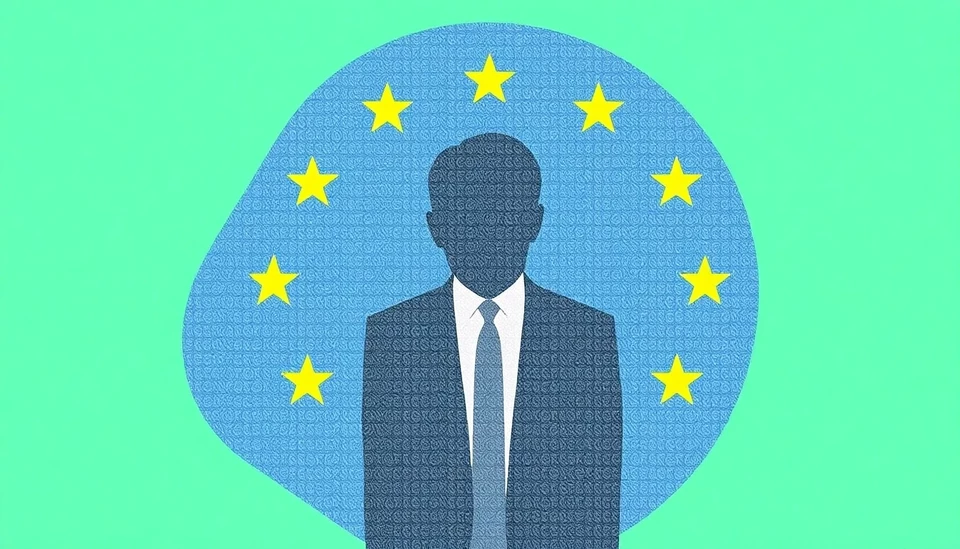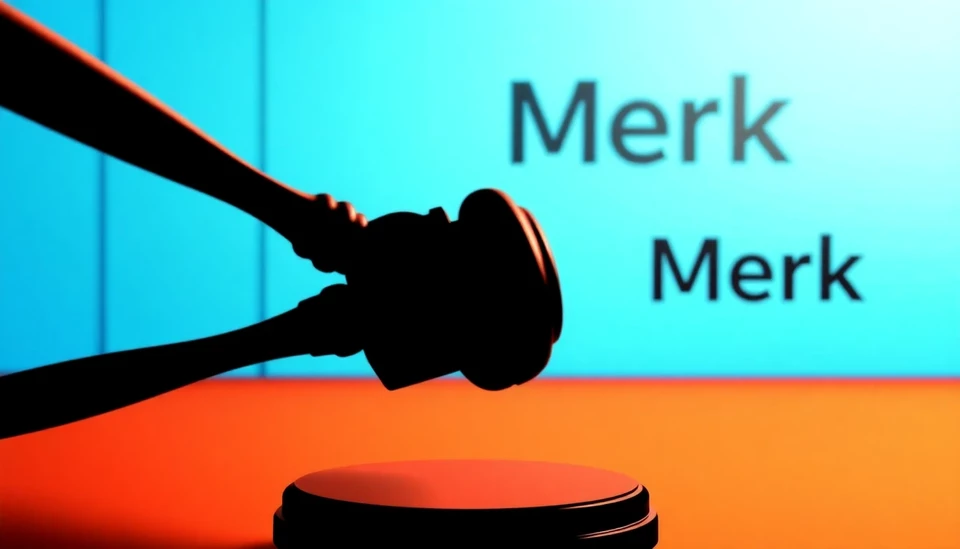
In an evolving geopolitical landscape, France has emerged as a key player in the European Union's (EU) strategic response to the policies put forth by former U.S. President Donald Trump. As tensions continue to rise between the U.S. and Europe, French officials have signaled that data use by major technology companies could be central to the EU's countermeasures, aiming to safeguard European interests and values.
During a recent press conference, French Minister for Digital Affairs Jean-Noël Barrot elaborated on France’s vision for leveraging data generated by tech giants like Google, Facebook, and Amazon. He emphasized that the EU would explore ways to utilize this data for promoting EU-wide digital sovereignty, thereby reducing dependency on non-European technology and protecting local economies. This initiative seeks not only to bolster the competitive edge of European businesses but also to uphold privacy standards and regulate online content.
Barrot noted that the potential data-sharing framework could serve multiple purposes, from improving public policy decisions to enhancing the effectiveness of the EU’s regulatory landscape. “We have to ensure our values are protected online,” he remarked, underscoring the urgency amid worries that American tech companies might exploit European markets while failing to adhere to local regulations.
This proposition comes in the wake of Trump's administration, which heavily favored deregulation and protectionist practices that many European leaders found concerning. The EU has increasingly focused on creating a digital ecosystem that is not only competitive but also resilient against external pressures. French officials believe that by harnessing the capabilities of Big Tech data, Europe can build a digital fortress that values privacy and respects sovereignty.
Moreover, Barrot pointed out that several member states within the EU have already initiated discussions about this proposal and are keen to explore its practical implications. The approach may include forming coalitions among EU nations to jointly negotiate terms with tech giants regarding data access and usage.
Looking ahead, the EU is preparing for robust discussions in the upcoming digital economy meetings, where this proposal will likely be one of the first items on the agenda. The goal is to align member states on a cohesive strategy that protects European citizens while fostering innovation and economic growth. The response to Trump's deregulatory stance could reshape the future of European and global digital landscapes.
The EU's commitment to a smarter approach in handling tech data illustrates a significant shift in policy direction, aiming to create a balance between innovation and regulation. This initiative might not only redefine the relationship between Europe and American tech companies but also establish new standards for data governance and corporate accountability worldwide.
As these developments unfold, many are watching closely to see how the EU will navigate this complex terrain and whether it can indeed turn this vision into reality—all while maintaining its foundational principles of justice and democracy in the digital age.
Stay tuned for more updates on this critical issue that could reshape the digital economy on both sides of the Atlantic.
#EU #BigTech #DataSovereignty #DigitalEconomy #France #Geopolitics #Privacy #Trump #TechPolicy #DigitalAlliance
Author: Daniel Foster




